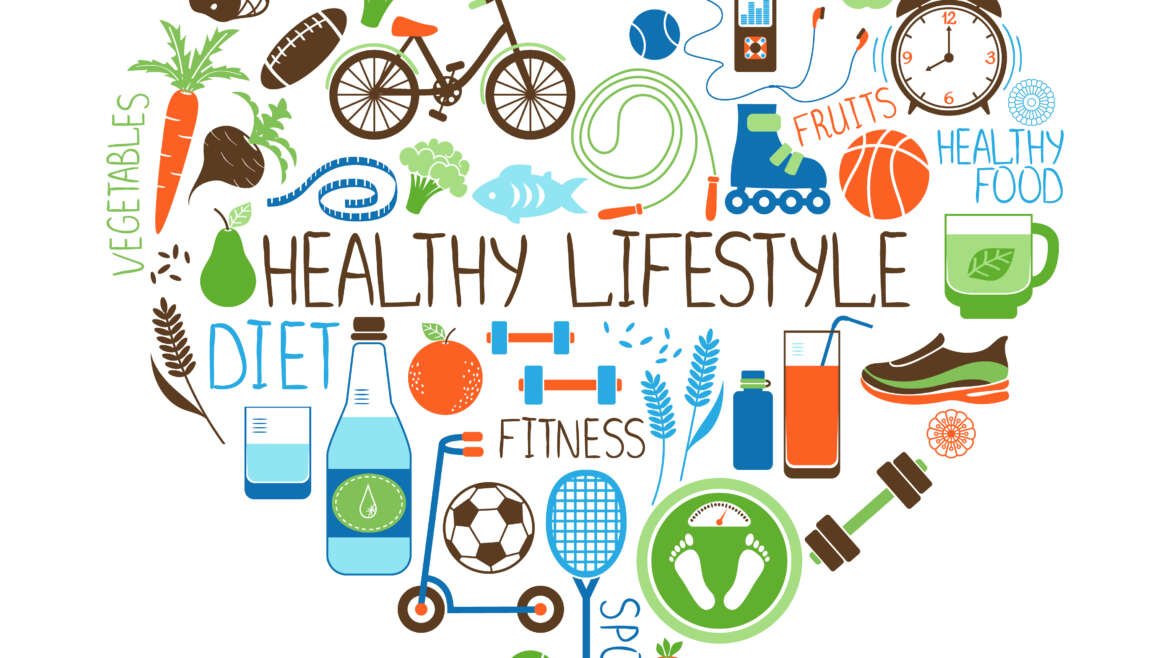Managing blood pressure is a multifaceted endeavor, often requiring a combination of medical intervention, lifestyle changes, and dietary adjustments. While blood pressure support supplements can play a significant role in maintaining healthy levels, they are most effective when paired with holistic lifestyle changes. This article explores how diet, exercise, stress management, and other lifestyle adjustments can enhance the benefits of blood pressure support supplements, creating a comprehensive approach to cardiovascular health.
Understanding Blood Pressure and Its Importance
Blood pressure is the force exerted by circulating blood against the walls of the body’s arteries. High blood pressure, or hypertension, is a common condition that can lead to severe health issues like heart disease, stroke, and kidney failure. Maintaining blood pressure within a healthy range is crucial for long-term health and well-being.
The Role of Blood Pressure Support Supplements
Blood pressure support supplements often contain a blend of vitamins, minerals, and herbs known to promote cardiovascular health. Common ingredients include:
- Magnesium: Helps relax blood vessels.
- Potassium: Balances sodium levels and supports heart function.
- Omega-3 Fatty Acids: Reduce inflammation and improve arterial health.
- Coenzyme Q10 (CoQ10): Enhances energy production in heart cells.
- Hawthorn Berry: Supports blood vessel strength and elasticity.
While these supplements can be effective, their benefits are maximized when integrated into a healthy lifestyle.
Dietary Adjustments
- Adopt a Heart-Healthy Diet: The DASH (Dietary Approaches to Stop Hypertension) diet is highly recommended for those with high blood pressure. This diet emphasizes fruits, vegetables, whole grains, lean proteins, and low-fat dairy. It also encourages reducing sodium intake, which can help lower blood pressure.
- Reduce Sodium Intake: Excess sodium can cause the body to retain water, increasing blood pressure. Aim to consume less than 2,300 milligrams of sodium per day, and ideally closer to 1,500 milligrams for those with hypertension. Avoid processed foods, which are often high in sodium, and opt for fresh, whole foods.
- Increase Potassium-Rich Foods: Potassium helps balance sodium levels in the body. Foods rich in potassium include bananas, oranges, sweet potatoes, spinach, and beans.
- Limit Alcohol and Caffeine: Both alcohol and caffeine can raise blood pressure. Moderation is key—limit alcohol to one drink per day for women and two for men, and monitor caffeine intake to see how it affects your blood pressure.
Exercise and Physical Activity
Regular physical activity is a cornerstone of blood pressure management. Exercise strengthens the heart, enabling it to pump blood more efficiently and with less effort.
- Aim for Regular Aerobic Exercise: Activities like walking, jogging, swimming, and cycling are excellent for cardiovascular health. Aim for at least 150 minutes of moderate-intensity aerobic exercise per week.
- Incorporate Strength Training: In addition to aerobic exercise, include strength training exercises at least two days a week. Building muscle can help reduce blood pressure over time.
- Stay Active Throughout the Day: Avoid prolonged periods of inactivity. Simple changes like taking the stairs, walking during breaks, and standing up regularly can make a significant difference.
Stress Management
Chronic stress can contribute to high blood pressure. Managing stress effectively is crucial for overall cardiovascular health.
- Practice Relaxation Techniques: Techniques such as deep breathing, meditation, and progressive muscle relaxation can help reduce stress levels. Even a few minutes of these practices daily can have a positive impact.
- Engage in Hobbies and Activities You Enjoy: Engaging in enjoyable activities can provide a break from stress and improve your mood. Whether it’s reading, gardening, or playing a musical instrument, find what relaxes you.
- Maintain a Healthy Work-Life Balance: Overworking can lead to stress and burnout. Ensure you have time for relaxation and personal activities outside of work.
Sleep and Rest
Quality sleep is essential for maintaining healthy blood pressure. Poor sleep can negatively affect cardiovascular health.
- Establish a Regular Sleep Schedule: Go to bed and wake up at the same time each day, even on weekends. This helps regulate your body’s internal clock.
- Create a Relaxing Bedtime Routine: Engage in calming activities before bed, such as reading or taking a warm bath. Avoid screens and stimulating activities at least an hour before bedtime.
- Ensure a Comfortable Sleep Environment: Keep your bedroom dark, quiet, and cool. Invest in a comfortable mattress and pillows to support good sleep.
Weight Management
Maintaining a healthy weight is crucial for blood pressure control. Excess weight can strain the heart and contribute to high blood pressure.
- Adopt Healthy Eating Habits: Focus on nutrient-dense foods that provide essential vitamins and minerals without excess calories. Avoid fad diets and aim for sustainable, balanced eating patterns.
- Stay Physically Active: Regular exercise not only helps manage weight but also directly contributes to lower blood pressure.
- Set Realistic Goals: Gradual, sustainable weight loss is more effective and healthier than rapid weight loss. Aim for losing 1-2 pounds per week.
Conclusion
Blood pressure support supplements can be a valuable tool in managing hypertension, but their effectiveness is greatly enhanced when combined with comprehensive lifestyle changes. Adopting a heart-healthy diet, engaging in regular physical activity, managing stress, ensuring quality sleep, and maintaining a healthy weight are all essential components of a holistic approach to blood pressure management. By integrating these lifestyle changes, you can significantly improve your cardiovascular health and overall well-being.
